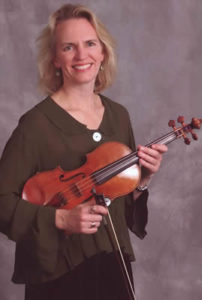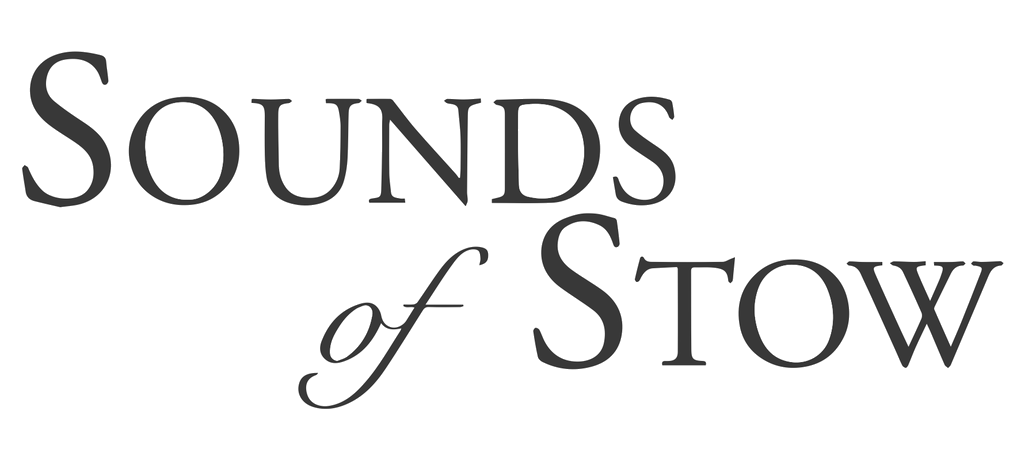 I have vivid memories of listening to the bird calls in the trees on my daily walk home from grade school in Seattle, where I grew up. I would try and spot the singing bird, offering back my mimicked version of their song. I was thrilled when the bird sang back to me (or so I imagined) a reply. Such call and response play gave me happy walking companionship.
I have vivid memories of listening to the bird calls in the trees on my daily walk home from grade school in Seattle, where I grew up. I would try and spot the singing bird, offering back my mimicked version of their song. I was thrilled when the bird sang back to me (or so I imagined) a reply. Such call and response play gave me happy walking companionship.
I have lived with many birds all of my adult life. Their intelligence, integrity, empathy and beautiful vocalizations astound me. Birds communicate and comprehend the world in profound and mystical ways that are beyond human understanding. Playing The Lark Ascending, this piece that composer Ralph Vaughan Williams subtitled “Romance for Violin and Orchestra”, truly feels intimate.
I am very happy to become a lark in my violin’s singing. The repetitive, trancelike
call of the lark in Ralph Vaughan Williams’ offers a seidhr-like concert experience; seidhr being a centuries-old Norse shamanic sorcery that includes ritual song as one of the means of connecting with spiritual realms. Channeling Vaughan Williams’ lark, I hope to give a magical means of transport for everyone.
Michael Kennedy writes in the preface to the score:
“When the Lark Ascending was written, the sound of the lark in the clear air was a feature of the summer landscape. Nearly a century later, with the decline in the bird’s population and the destruction of much of its habitat, it is a rarer joy. Perhaps the increasing popularity of this work is symbolic of a nostalgia for an England that is vanishing, for a time when, in the words of Siegfried Sassoon,
Perhaps the increasing popularity of this work is symbolic of a nostalgia for an England that is vanishing, for a time when, in the words of Siegfried Sassoon,
‘Everyone was a bird; and the song was wordless; the singing will never be done’.”
